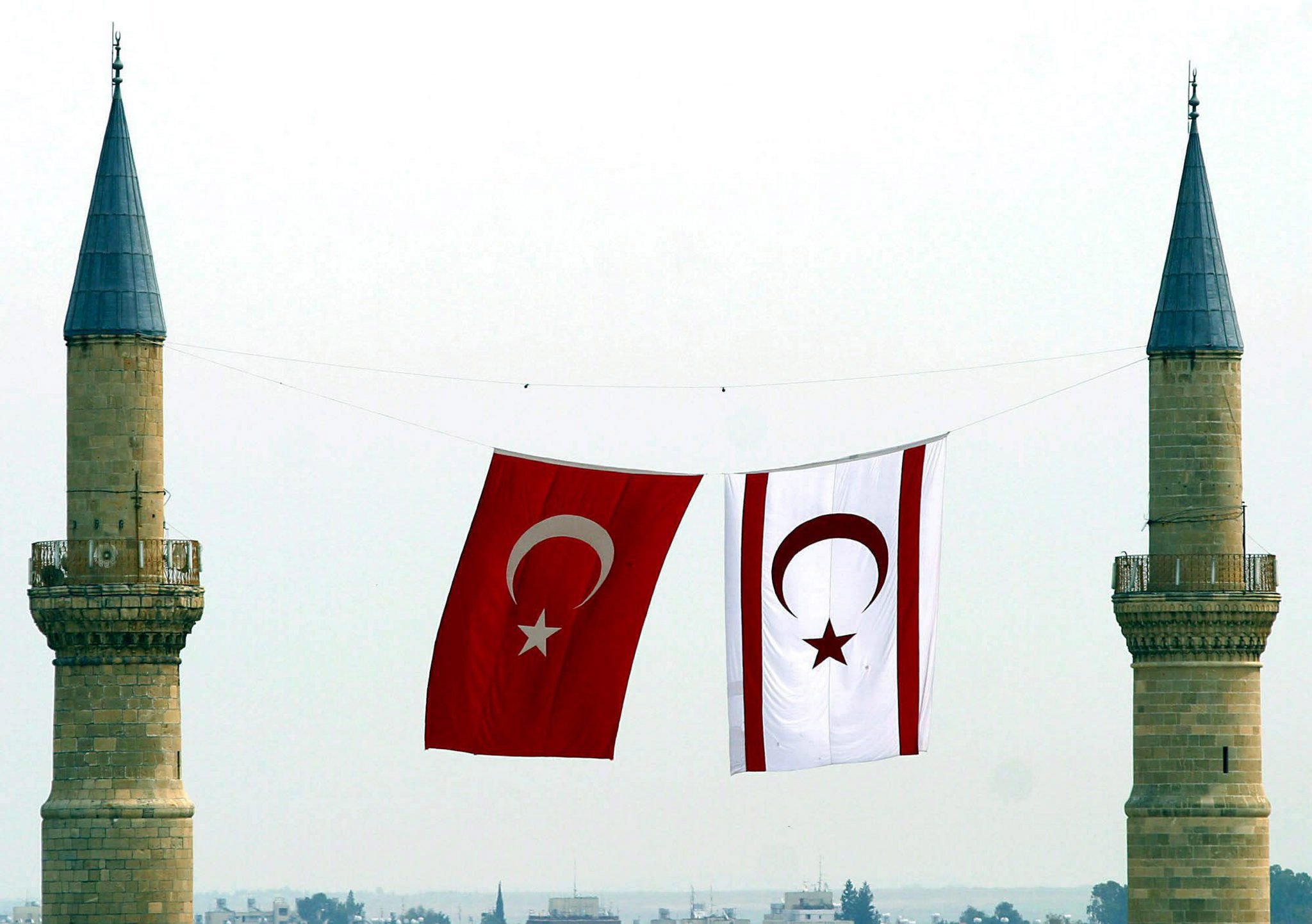The majority of Turkish Cypriots favour a federal settlement in Cyprus as the strongest option while Turkish settlers prefer annexation by Ankara as the best option according to a study released on Thursday.
The study, funded by the Friedrich-Ebert-Stiftung Cyprus Office, was prepared by academics Sertac Sonan, Ebru Kucuksener and Enis Porat. It focused on the differences and similarities between Turkish Cypriots and Turkish immigrants – as the latter are referred to in the study – who arrived in Cyprus after 1974.
According to the survey, 60.4 per cent of Turkish Cypriots and 51.9 per cent of settlers who acquired ‘citizenship’ in the north, said the fact that Cyprus was divided bothered them. When however they were asked about their preferred solution to the Cyprus problem, the report said, “their opinions diverged from each other when it came to their views about ending the division.”
More than half (53.2 per cent) of Turkish Cypriots rejected annexation of the north by Turkey, though one in five in this group responded that they would strongly support this model. For 44.2 per cent of settlers, on the other hand, this was a satisfactory option. But a sizeable group of settlers, almost one in three, strongly opposed this option, the report said.
When asked to what extent they agreed with the bizonal bicommunal federation (BBF), 42.5 per cent of Turkish Cypriots and 32.6 per cent of settlers said they were fully in favour. Another 26 per cent of Turkish Cypriots and 17.9 per cent of settlers said that it could be a compromise solution, while 22.8 per cent and 39.8 per cent, respectively, said they were against.
In total 40 per cent of Turkish Cypriots supported a two-state solution, while almost 39 per cent of Turkish immigrants totally rejected this option while around one in three said they were in favour.
“What was even more surprising was to see that a reunification under the Republic of Cyprus in a unitary model was seen as a favourable option by a (wafer-thin) majority of native Turkish Cypriots either as a ‘satisfactory option’ or as a ‘compromise solution with mutual concessions’,” the report said.
To the question what their vote would be if an agreement, also supported by the three guarantor powers was reached and put to referendum, the Turkish Cypriot groups’ clear majority said that they would vote in favour while only around one fourth said that they would vote ‘no’. Though a higher proportion of settlers said that they would vote ‘yes’ than those who said they would vote ‘no’, the difference between the two groups was narrower, and the supporters of this model fell short of constituting a majority, the report said.
On whether they wanted to have a Greek Cypriot neighbour after the solution of the Cyprus problem, almost half of Turkish Cypriots (48.8 per cent), expressed a positive opinion while a majority (58 per cent) of Turkish immigrants opposed the idea.
To the question which place they regard as homeland, 62.2 per cent of Turkish Cypriots answered the north and 31 per cent, the whole of Cyprus. Only 5.8 per cent of Turkish Cypriot respondents described Turkey as their homeland. On the other hand, 56.5 per cent of Turkish settlers describe Turkey as their homeland. Almost one third stated that they consider the north as their homeland.
The numbers showed the attachment of almost all Turkish Cypriots with the island with a percentage of 93.2 per cent, the report states, adding that almost two thirds of Turkish Cypriots consider only the northern part of the island as their homeland and not the whole island. “This position can be seen as a sign that the principle of ‘bi-zonality’ has been strongly internalised by Turkish Cypriots,” it said.
While Turkish Cypriots put an emphasis on ‘Cypriotness’, the emphasis of Turkish immigrants was on ‘Turkishness’, the study said, as only 5.8 percent of Turkish Cypriots defined themselves as ‘Turkish’ only, with the majority, (55.6 per cent) saying they were a ‘Turkish Cypriot’. The percentage of settlers identifying themselves as only ‘Cypriots’ was 4.5 percent.
As regards relations between the two groups, most respondents – 46.8 per cent Turkish Cypriots and 51.9 per cent of settlers – said they were ‘bad’ and 41.2 per cent and 38.1 per cent respectively said they were ‘neither good nor bad’.
The creators of the report said that most studies on Cyprus focus on the Cyprus conflict and the division between the Greek Cypriot and Turkish Cypriot sides, but this one focuses on the division within one of these communities. It is based on the responses through a face-to-face survey method of 1,665 people: 972 Turkish Cypriots who have at least one parent born in Cyprus before 1974 and 693 immigrants who were born in Turkey and/or both parents were from Turkey. The survey was carried out between January 20 and February 3, 2018 but only released on Thursday.







Click here to change your cookie preferences